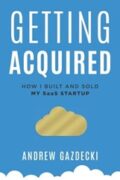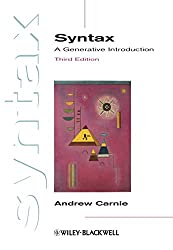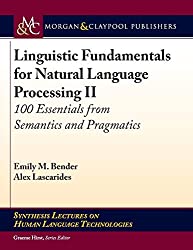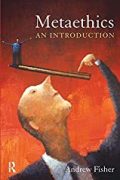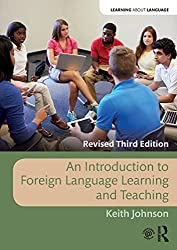
Rating: 8.0/10.
Book covering a lot of research about best practices in language learning and teaching. There is a lot of implicit knowledge that’s required to effectively use a language: the obvious ones like phonology, syntax, and the lexicon, but also often-overlooked ones like pragmatic differences between languages. There is some overlap between this book and a previous one I read recently (Key Questions in SLA), but this one is more geared towards improving foreign language education rather than understanding the theoretical mechanisms of syntax acquisition.
Native speakers obviously do not go through a grammar course when learning to speak their native language, but parents generally simplify their speech to roughly what they expect the child to understand. Native speakers do the same when talking to non-native speakers, and use strategies like checking if the listener understood something. There is a wide variety of strategies that successful learners use, but successful learners are more tolerant of ambiguity, willing to take risks and appear foolish, and seek out more opportunities to use the language.
Recently, teaching methods have shifted away from drilling formal grammar rules and towards more intuitive, functional approaches that are closer to the real world usage. Knowing formal rules doesn’t necessarily enable you to speak fluently. However, the functional approach has drawbacks too: students might learn forms that get the meaning across, but inappropriately, like “Give to me fish and chips” when ordering at a restaurant. Mistakes don’t always correct themselves through practice and often become fossilized.
A syllabus can be organized by grammar structure (eg: past tense) or by function (eg: inviting someone to event). The risk for the structural method is focusing on form without meaning and being unable to apply it in real world situations, but the functional method is degrading into memorizing a phrasebook. In this case, a hybrid of both is probably optimal, think of structured practice as doing scales on a piano: not meant to be representative of the real world but efficient for drilling proficiency in producing grammatical structures.
The author presents numerous debates about the best way to teach language, and in most cases, every proposal has certain disadvantages that aren’t obvious. It’s hard to obtain knowledge experimentally about which method is better: this would require a controlled trial, but teachers are supposed to adapt their lessons depending on their students’ needs, and not rigidly adhere to any method, making it hard to conduct such a controlled experiment. Therefore, it’s usually best to use a combination of multiple methods in practice.
